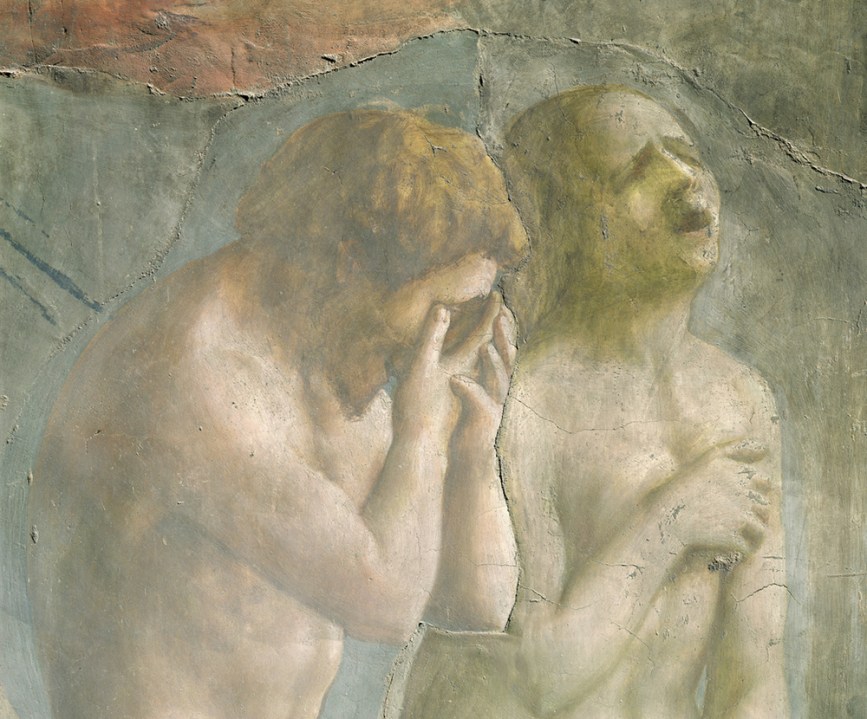(sublinhados pessoais)
Os papagaios que dão a mão
Impõem-se duas perguntas. Porque é que os “media” não investigam a origem da propaganda pessimamente disfarçada de opinião? E porque é que convidam criaturas cuja opinião é propaganda escancarada?
O desastre nas urnas, a oposição forçada e um futuro nebuloso provocam desnortes espectaculares. A cada semana, a esquerda inventa uma polémica. Na que agora acaba, foram as alterações na disciplina de Cidadania e Desenvolvimento. Na anterior, as barracas de Loures. Na anterior a essa, a Lei da Nacionalidade e a relação do governo com o Chega. É possível que a próxima polémica, que já se esboça, seja a nomeação de Álvaro Santos Pereira para governador do Banco de Portugal. Ou outra que se ponha a jeito, que a esquerda é óptima a simular escândalos.
Talvez por serem simulados, a característica mais evidente e engraçada dos escândalos é a reacção invariavelmente unânime dos comentadores ao serviço da esquerda, incluindo muitos dos que se afirmam de “direita”. Falo dos políticos que, por razões que escapam ao bom senso, são chamados a comentar a actualidade, de profissionais do palpite que em teoria (mas não na prática) vão às televisões e aos jornais comentar com “isenção” e de meros amadores espalhados pelas redes sociais. O ponto é que todos, sem excepção, dizem exactamente as mesmas coisas sobre os mesmos assuntos. É quase fascinante. E é para lá de ridículo.
A título de exemplo, veja-se o episódio da Cidadania. Com atraso e timidez, o governo anunciou a eliminação de parte (parece que apenas de parte) das crendices “identitárias” dos currículos na disciplina em questão. Num ápice, avençados e voluntários da esquerda saltaram a repetir o carácter retrógrado da medida. Retrógrado e fascista. Fascista e prejudicial: a medida iria promover o “bullying” (?), aumentar a gravidez na adolescência, a violência no namoro, a quantidade de abortos, a propagação de doenças sexualmente transmissíveis, a ignorância dos jovens e a fome em Gaza.
A fome em Gaza fui eu que acrescentei para exibir virtude humanitária e a dose de “anti-sionismo” recomendada pela ONU. O resto é inteirinho da autoria daquela gente, que sem excepção enumerou alínea por alínea, sílaba a sílaba, os cataclismos inspirados pela remoção do “wokismo” nas escolas. Sucede que é tudo mentira. Nos seis ou sete anos em que o ensino público esteve forçado a informar os petizes de que o sexo biológico é uma “construção social”, o “bullying” (que, seja o que for, vinha em declínio até 2018), a violência no namoro e as doenças sexualmente transmissíveis difundiram-se com empenho. Os demais items ou mantiveram-se imperturbáveis ou, na gravidez das raparigas (os rapazes, para desmaio dos negacionistas da ciência, não menstruam), vêm diminuindo há décadas.
Em suma, na melhor das hipóteses os “conteúdos” folclóricos da Cidadania não tiveram nenhuma influência nos alunos, logo a sua ausência não poderá ter as consequências terríveis que o “komentariado” da esquerda garante. Na pior das hipóteses, o folclore foi nocivo e a sua ausência será benéfica. Em qualquer dos casos, ao prever o Apocalipse o “komentariado” da esquerda mentiu. Mentiu ou enganou-se, não importa. O que importa é que mentiu ou se enganou em uníssono e perfeita harmonia. Os factos estatísticos estão por aí, ao alcance de quem quiser consultá-los. No tema da Cidadania, à semelhança do chinfrim que produz a pretexto dos temas que calha, o “komentariado” não se deixa tolher por factos e não consulta estatísticas. O que é que o “komentariado” consulta então?
A sincronia entre centenas de opinadores não é fácil. E se é legítimo imaginar que, além dos “bots” e das páginas falsas, as patentes baixas de serviçais se limitam a espreitar o que os seus superiores proclamam para imitá-los de seguida, não é plausível tamanho consenso no disparate por parte dos que têm voz nos “media”. Seria plausível se os disparates fossem sortidos e mutuamente contraditórios. Não são. São sempre idênticos, tão idênticos e afinados que exigem combinação prévia. Suponho que meia-dúzia de “grupos” no WhatsApp são indispensáveis ao exercício. Antes da intervenção na Sic Notícias ou de amanhar a crónica no “Expresso”, o opinador vai ao telemóvel perscrutar a opinião dos pares de modo a perceber qual é a opinião dele. Assegurado de que a demolição das barracas é um acto racista e xenófobo e de que a nomeação de Álvaro Santos Pereira se inscreve num projecto de conquista do aparelho estatal, o opinador entra em estúdio ou debruça-se no teclado do computador com teses claras, alucinadas e iguaizinhas às dos parceiros.
O problema é que nada costuma nascer espontaneamente, como se acreditava sobre as bichezas na era pré-Pasteur. Os consensos também não nascem assim. Sou capaz de apostar, e de ganhar a aposta, de que há alguém ou um conjunto de alguéns a decidir qual a “narrativa” (peço imensa desculpa pelo uso da palavra no contexto em causa, em que sofre de estafa e suscita-me repulsa) a adoptar. A “narrativa” (sinto um princípio de náusea) não cai do céu: cai decerto de uma sede partidária, de uma “agência de comunicação”, de uma ou cinco cabeças contratadas para conceber as patranhas ditadas nos “grupos” de WhatsApp ou em mesas de restaurantes. E os papagaios, agradecidos, engolem-nas.
Impõem-se duas perguntas. Porque é que os “media” não investigam a origem da propaganda pessimamente disfarçada de opinião? E porque é que os “media” convidam criaturas cuja opinião é propaganda escancarada? A resposta a ambas é comum, óbvia e, julgo, conhecida de todos.










































